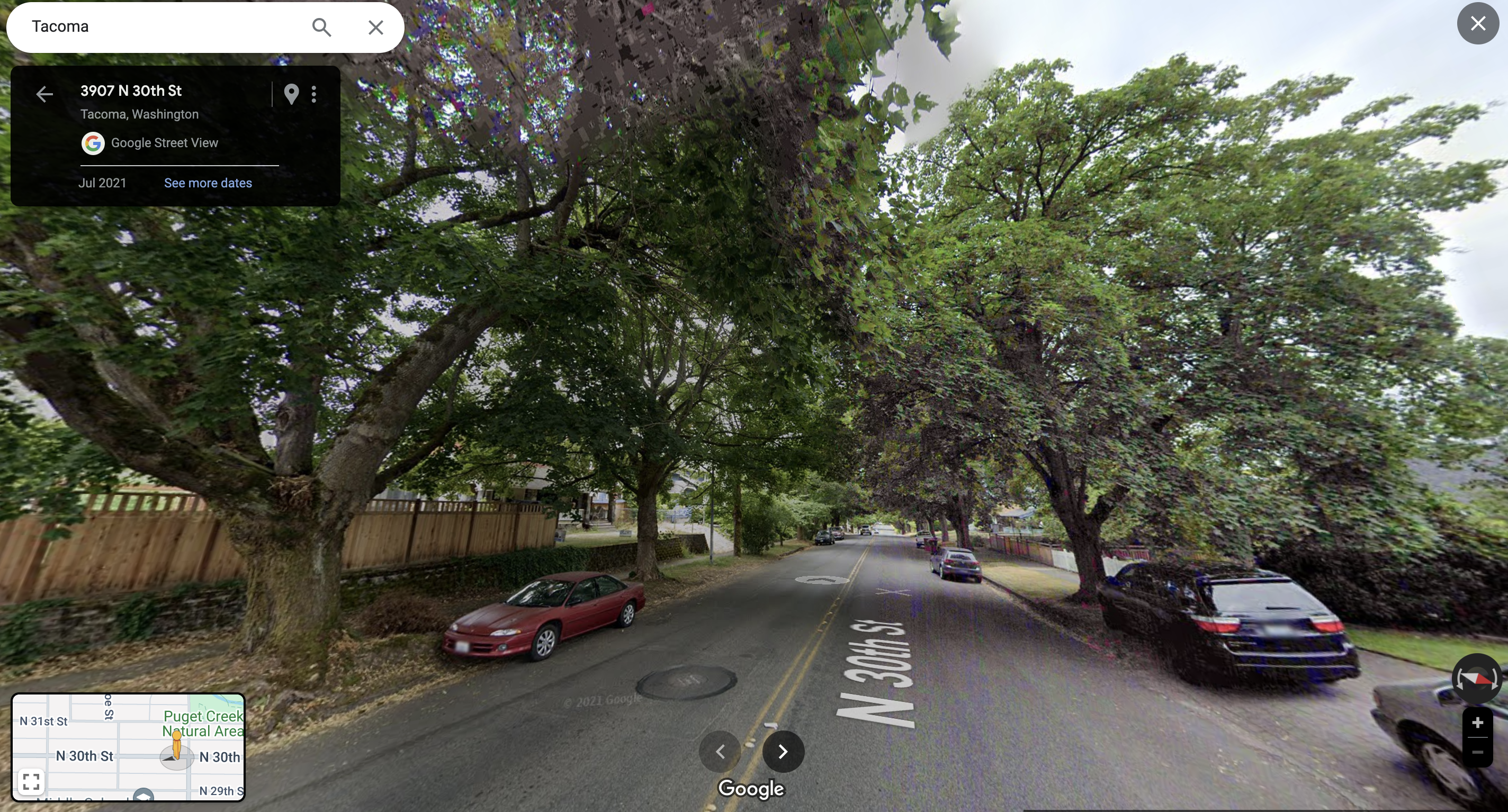What is Title Insurance?
As with all insurance, title insurance is meant to reduce the risk of the parties covered by it. Think of your health insurance: You pay a premium each month, and in exchange, the insurance company agrees to pay for your healthcare in the off-chance you have a problem.
Title insurance is designed to do the same thing, but for the title of property. It protects homeowners (and their lenders with a security interest in the property) from adverse claims of title based on the property’s ownership history. There are a lot of possible adverse claims against title that could come up. Here are a few we’ve written about before:
However, insurance companies won’t usually cover all of these potential defects.
Insurance is just a sophisticated form of gambling, so the only way for insurance companies to make money is to make sure the odds are always in their favor. Thus, title insurance companies will only insure against adverse claims of title that they think are unlikely. For this reason, title companies maintain a list of “standard exceptions” that apply to nearly all of their insureds, and they often create a list of “special exceptions” for individual properties.
These exceptions are similar to the pre-existing conditions exceptions many health insurance companies used to have; if the title insurance company can see an obvious problem with the chain of title to your property, they will understandably try to except that problem from coverage so they don’t have to pay out if things go bad.
From the buyer’s perspective, the fewer exceptions, the better. From the insurer’s perspective, the more exceptions, the better. Thus, these exceptions can be a point of contention.
Common Legal Disputes over Title Insurance
The first opportunity for dispute in the title insurance process is right at the initiation of the policy. Often, title insurance companies issue exceptions that are overly inclusive. This chips away at the coverage for the buyer and the lender, and can expose them both to increase liability down the road. Sometimes it is worth negotiating for fewer exceptions at this stage to help avoid unnecessary risk in the long run.
The next opportunity for title disputes occurs at closing, and involves the marketability of the property’s title. Marketable title means that there are no liens, debts, or other legal encumbrances that could make title to the subject property defective. If it turns out that marketable title has not, in fact, transferred from the seller to the buyer, a title insurance dispute can arise.
Another common dispute involving title insurance can occur due to latent defects in the property, or hidden encumbrances that come to light after closing. Different states have different laws when it comes to discovering material latent defects on a piece of purchased property. In recent years, Washington State courts have taken a seller-oriented approach, determining that the seller is not responsible for a latent or undisclosed defect on the property if the buyer knew or should have known of the defect.
Therefore, buyers should always hire a good home inspector before entering into an agreement to purchase a home. Although a home inspector will charge a fee, in the long run, a home inspection can save you significant amounts of time and money in the long-term.
A fourth common dispute over title insurance has to do with named beneficiaries. In some cases, there can be confusion as to which parties are actually covered by the title insurance. As an example, if the subject property is gifted to someone or devised to someone in a will, it can be difficult for all of the participants in the transaction to determine which of them are affected by the transfer.
A fifth legal issue related to title insurance occurs when a title insurance company refuses to pay out benefits. In these cases, there may be a dispute as to whether an insured party should be issued an insurance payment. Other disputes may involve the amount of insurance money that should actually be paid.
Unfortunately, some contract disputes end up litigated in court because of their complexity and the large number of participants involved in the transaction.



